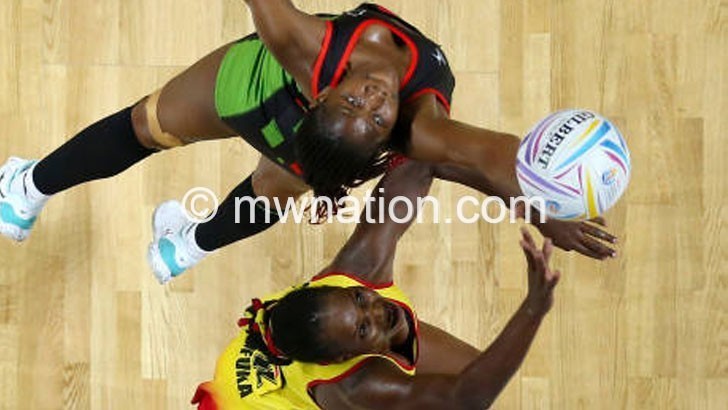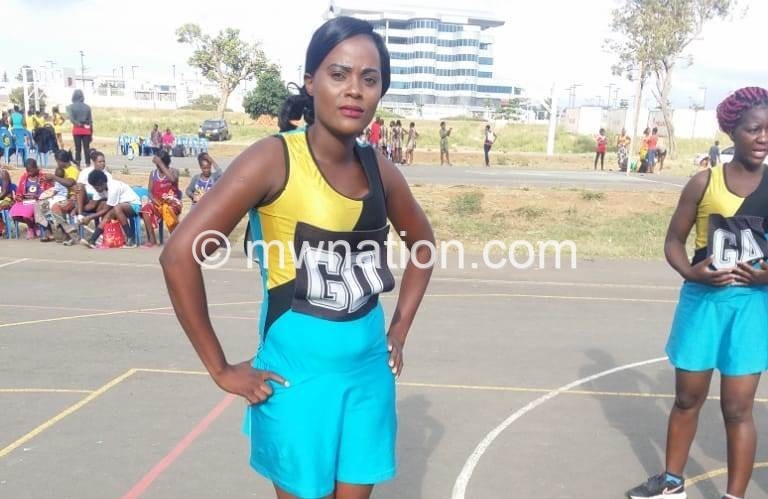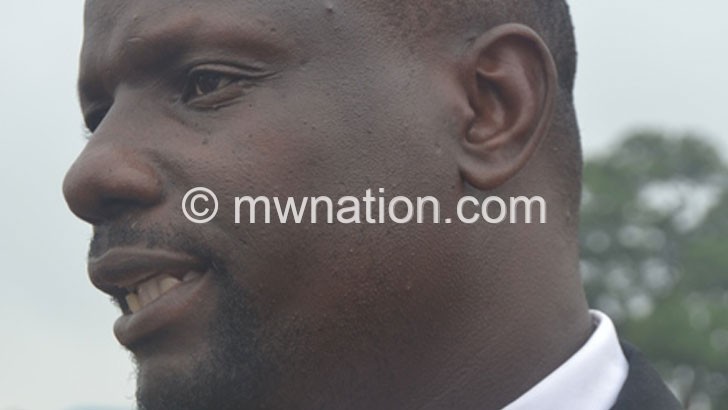Can Flames play for nothing?

The 2008 Africa Cup of Nations will be remembered most for the sight of Crocodile Niles of Sudan making a real appearance on the biggest stage of Africa football.
What struck most neutrals during the tournament was that Sudan, like Spain and Egypt, drew the bulk of its squad from just two clubs—El Merreikh and Al Hilal.
And if that was not interesting enough, the Sudan Football Association stunned the continent in revealing that its players were not entitled to bonuses for the honour of representing their country, adding that “they are paid by their respective clubs.”
Playing for patriotism used to be common even in Malawi in the 1960s and 1970s, but now things have changed so greatly that failing to guarantee players bonuses is as good as losing.
In fact, lack of money for local training budget and allowances was the major reason the Flames opted out as guests to this year’s edition of the Cecafa Senior Challenge Cup currently underway in Kenya.
Mafco coach Stereo Gondwe in an unpublished interview last month (November) argued that it is possible for players such as those from the Army to represent their country for free.
“It is all about discussing and on the outset. After all, it is all about their careers,” said Gondwe.
As if to make matters interesting and realistic in an era where money is everything for national team players, Flames striker Ishmael Thindwa shared Gondwe’s position that there are players out there who can play for pride in the Flames.
“I, personally, would have no problem playing for my country for free as I have less financial commitments and I am determined to showcase my skills to foreign clubs. I know my career could benefit if I played at an international tournament,” said Thindwa who has one cap for the Flames.
The politics with bonuses, Thindwa noted, arises because most Flames players are family men with children to fend for.
“But, again, I should believe there are players with families out there who can still play for a little. The authorities can just give such players a little for them to give to their families before going out for an assignment,” the Epac forward suggested.
Perhaps, with its budget shrinking and demands for better perks increasing, FAM better focus more on prioritising in drawing national team players from institutions such as the Malawi Defence Force (MDF) and the Malawi Police Service (MPS) football clubs.
In the Super League, the MDF has Mafco, Kamuzu Barracks, Red Lions and Moyale Barracks whereas MPS has Blue Eagles.
Players for these clubs, especially in the Army, usually do not get paid for playing football as this is part of their job. It is only in cup games that management rewards the players, agreed Kamuzu Barracks vice-chairperson Duncan Taipi last month.
“There can be room for discussion on that issue [of selecting players to represent the Flames for free]. After all, they are on monthly salaries,” Taipi noted.
So if there are salaried civil servants who use football as an extension of their jobs, why can FAM not use them in the national team and deal with the perpetual problem of indiscipline and lack of commitment?
“The Army teams excel,” football analyst Leonard Sharra noted, “because physical training is part of their job and also there are mechanisms within their institutions of enforcing discipline.”
But Jack Chamangwana, who is among the national team players who used to play for sheer service to motherland in the 1970s, says there are even civilian players who could have travelled to Kenya for free.
“What is critical is that players have to be told in advance and make them sign, committing themselves to playing for free. You also need to play young players who have never played for the national team and are hungry [for exposure],” said the ex-Flames captain who won Cecafa titles in 1978 and 1979.
Allowances aside, FAM president Walter Nyamilandu argued last month that the Cecafa Cup is not on the domestic calendar which they do not want to disturb.
“So, it is not only about participation, but to come back with honours. We do not want to go and shame the nation because we are not fully prepared. We do not have a technical panel. We need to have the team in camp before such a tournament. We have to be organised,” said Nyamilandu.
But even without the interruption of Flames engagements, the leagues are not progressing any smoother which supports observers such as Chamangwana, who argue that Malawi cannot afford to miss such fully sponsored tournaments such as Cecafa.
The Flames finished in the quarter-final of the previous two Cecafa editions.
Cecafa meets air travel and accommodation expenses of the teams. Zambia, having won the Cosafa Castle Cup, have honoured Cecafa invitation to participate as guests. It shows the level of their seriousness and investment in football.





